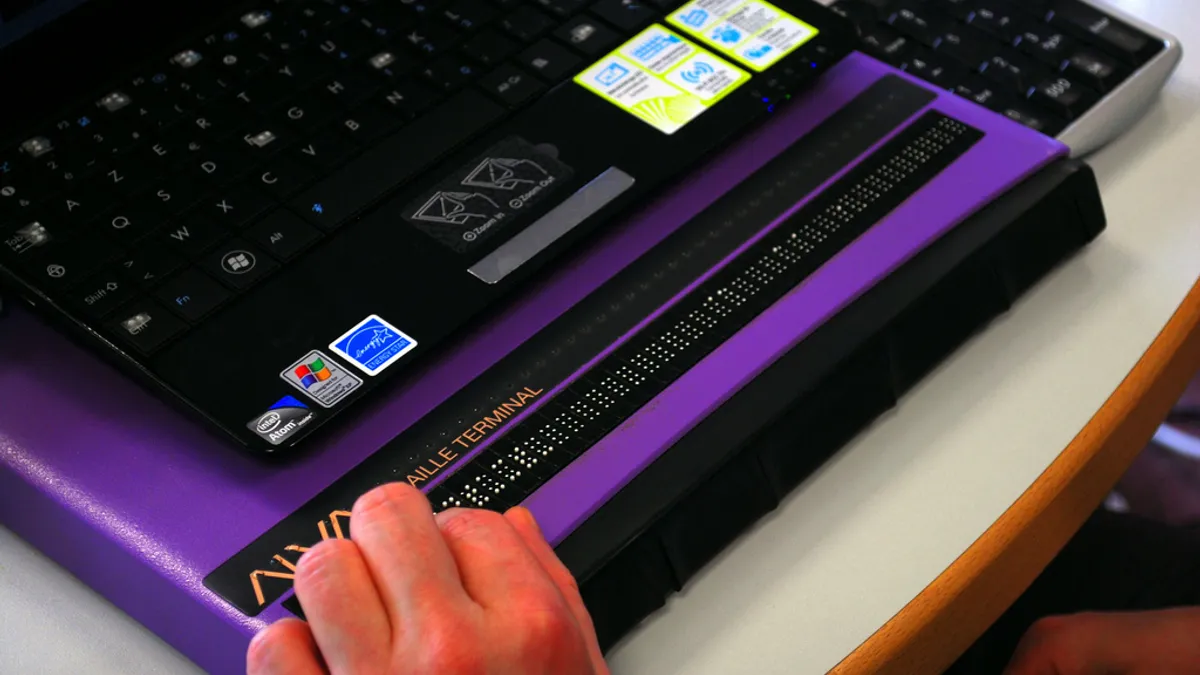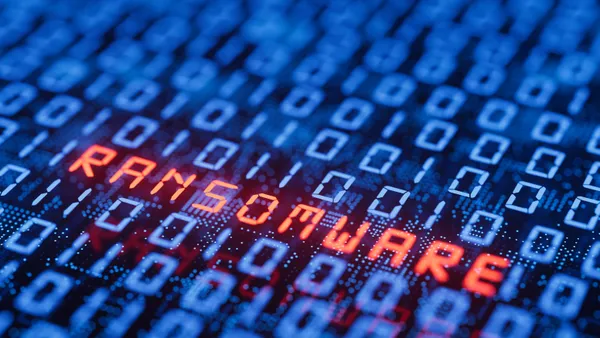National attention on the rights of students with disabilities sharpened during the Obama administration, a period that also brought new, online tests with universally available accessibility features. Teachers have also become more sensitive to the possibility that students once labeled “behavior problems” actually have underlying disabilities standing in their way.
Brad Turner, vice president of global literacy for Benetech, parent company of the popular Bookshare initiative, hopes this confluence of factors contributes to putting Bookshare out of business. Its model is based on the rights of people with print disabilities to get access to printed material in alternative formats. If publishers do not produce these alternative formats on titles they own, services like Bookshare can do so without any fear of copyright infringement thanks to the Chafee Amendment.
Now 850 publishers have direct partnerships with Bookshare so it can release accessible versions of new titles on the same day they are available for sale on Amazon. Users can get books in braille, large print, and audio versions as well as what Bookshare calls “karaoke-style,” which offers readers a chance to hear a book being read while the words are highlighted in their digital copy.
And thanks to a long-standing partnership with the Department of Education, students in the United States with qualifying disabilities like blindness or dyslexia can get accessible versions of any book for free. About 475,000 students in the United States benefit from the program today.
But Turner is among those putting pressure on publishers to create new e-books with accessibility in mind from the beginning. Plenty of students who don’t have identified, qualifying disabilities will benefit from the accessible formats. Just like, Turner says, people carrying suitcases across a city street benefit from the curb cuts designed for people in wheelchairs, or people looking at their cell phones at a crosswalk benefit from the beeps that let the blind know when it’s time to cross.
“This will absolutely benefit kids with disabilities but will, in the long run, benefit all students,” Turner said.
As the second-largest school district in the nation, the Los Angeles Unified School District is among the biggest users of Bookshare, and district leaders have joined Turner’s call for publishers to do more.
Vicki Grant, one of the district’s assistive technology assessors, said a growing share of LAUSD students have gotten access to Bookshare in the last five years and ease-of-use has improved. A wider circle of teachers has become excited about the resources as they see their colleagues introduce them to their own classrooms with eligible students.
Grant said independent reading is an area where Bookshare’s accessible titles make a big difference.
“These kids think they can’t do that because they can’t read by themselves, but with this resource they are able to access any book that any kid is reading,” Grant said. They are no longer locked out of reading the most popular books their peers can pick up in the library, which opens them up to a greater sense of belonging in social conversations about reading.
Dense textbooks that teachers might help students read in class can also be made accessible for students to read on their own for homework.
But Bookshare is strictly available to students with documented, qualifying print disabilities. Bookshare’s reach is limited.
“We know there are qualifiers with Bookshare so those kids have to be identified,” Grant said. “If we’re getting it straight from the publisher that means that every kid then would have access to that book, even those we haven’t been able to identify.”
Benetech’s “born accessible” initiative pressures publishers to produce new titles in accessible formats just as they are preparing them in digital formats, and it gives them information about how to do so. School districts, though, will be the ones with the real purchasing power to create demand these publishers will listen to.












